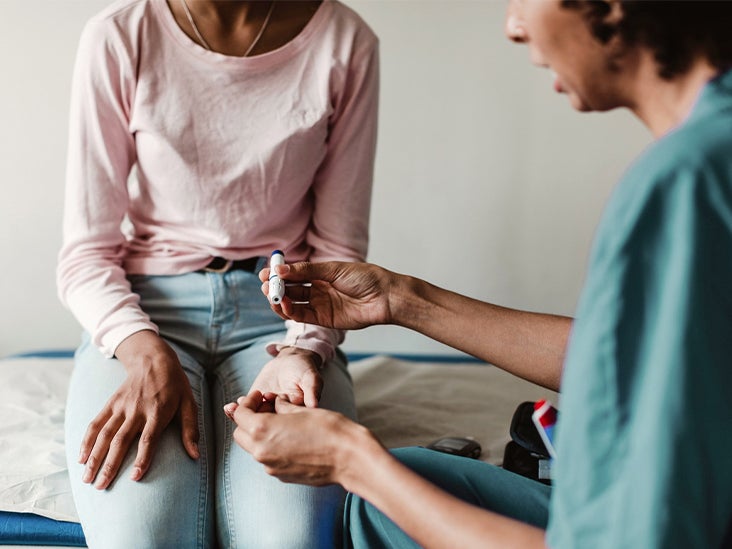Medically reviewed by Marina Basina, M.D. — Written by Stephanie Watson — Updated on February 26, 2020
Diabetes types
Diabetes mellitus, commonly known as diabetes, is a metabolic disease that causes high blood sugar. The hormone insulin moves sugar from the blood into your cells to be stored or used for energy. With diabetes, your body either doesn’t make enough insulin or can’t effectively use the insulin it does make.
Untreated high blood sugar from diabetes can damage your nerves, eyes, kidneys, and other organs.
There are a few different types of diabetes:
- Type 1 diabetes is an autoimmune disease. The immune system attacks and destroys cells in the pancreas, where insulin is made. It’s unclear what causes this attack. About 10 percent of people with diabetes have this type.
- Type 2 diabetes occurs when your body becomes resistant to insulin, and sugar builds up in your blood.
- Prediabetes occurs when your blood sugar is higher than normal, but it’s not high enough for a diagnosis of type 2 diabetes.
- Gestational diabetes is high blood sugar during pregnancy. Insulin-blocking hormones produced by the placenta cause this type of diabetes.
A rare condition called diabetes insipidus is not related to diabetes mellitus, although it has a similar name. It’s a different condition in which your kidneys remove too much fluid from your body.
Each type of diabetes has unique symptoms, causes, and treatments. Learn more about how these types differ from one another.
Symptoms of diabetes
Diabetes symptoms are caused by rising blood sugar.
General symptoms
The general symptoms of diabetes include:
- increased hunger
- increased thirst
- weight loss
- frequent urination
- blurry vision
- extreme fatigue
- sores that don’t heal
Symptoms in men
In addition to the general symptoms of diabetes, men with diabetes may have a decreased sex drive, erectile dysfunction (ED), and poor muscle strength.
Symptoms in women
Women with diabetes can also have symptoms such as urinary tract infections, yeast infections, and dry, itchy skin.











